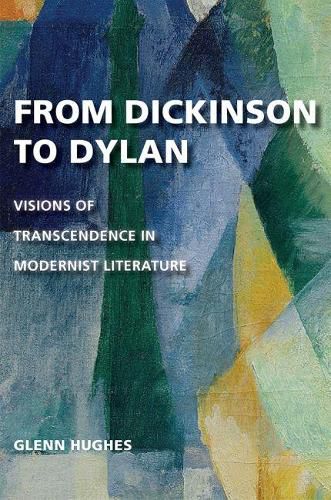Readings Newsletter
Become a Readings Member to make your shopping experience even easier.
Sign in or sign up for free!
You’re not far away from qualifying for FREE standard shipping within Australia
You’ve qualified for FREE standard shipping within Australia
The cart is loading…






Glenn Hughes examines the ways in which six literary modernists - Emily Dickinson, Marcel Proust, T. S. Eliot, Ezra Pound, Samuel Beckett, and Bob Dylan - have explored the human relationship to a transcendent mystery of meaning. Hughes argues that visions of transcendence are, perhaps surprisingly, a significant feature in modernist literature, and that these authors’ works account for many of the options for interpreting what transcendent reality might be.
This work is unique in its extended focus, in a comparative study spanning a century, on the persistence and centrality in modernist literature of the struggle to understand and articulate the dependence of human meaning on the mystery of transcendent meaning. Hughes shows us that each of these authors is a mystic in his or her way, and that none are tempted by the modern inclination to suppose that meaning originates with human beings. Together, they address one of the most difficult and important challenges of modern literature: how to be a mystic in modernity.
$9.00 standard shipping within Australia
FREE standard shipping within Australia for orders over $100.00
Express & International shipping calculated at checkout
Glenn Hughes examines the ways in which six literary modernists - Emily Dickinson, Marcel Proust, T. S. Eliot, Ezra Pound, Samuel Beckett, and Bob Dylan - have explored the human relationship to a transcendent mystery of meaning. Hughes argues that visions of transcendence are, perhaps surprisingly, a significant feature in modernist literature, and that these authors’ works account for many of the options for interpreting what transcendent reality might be.
This work is unique in its extended focus, in a comparative study spanning a century, on the persistence and centrality in modernist literature of the struggle to understand and articulate the dependence of human meaning on the mystery of transcendent meaning. Hughes shows us that each of these authors is a mystic in his or her way, and that none are tempted by the modern inclination to suppose that meaning originates with human beings. Together, they address one of the most difficult and important challenges of modern literature: how to be a mystic in modernity.